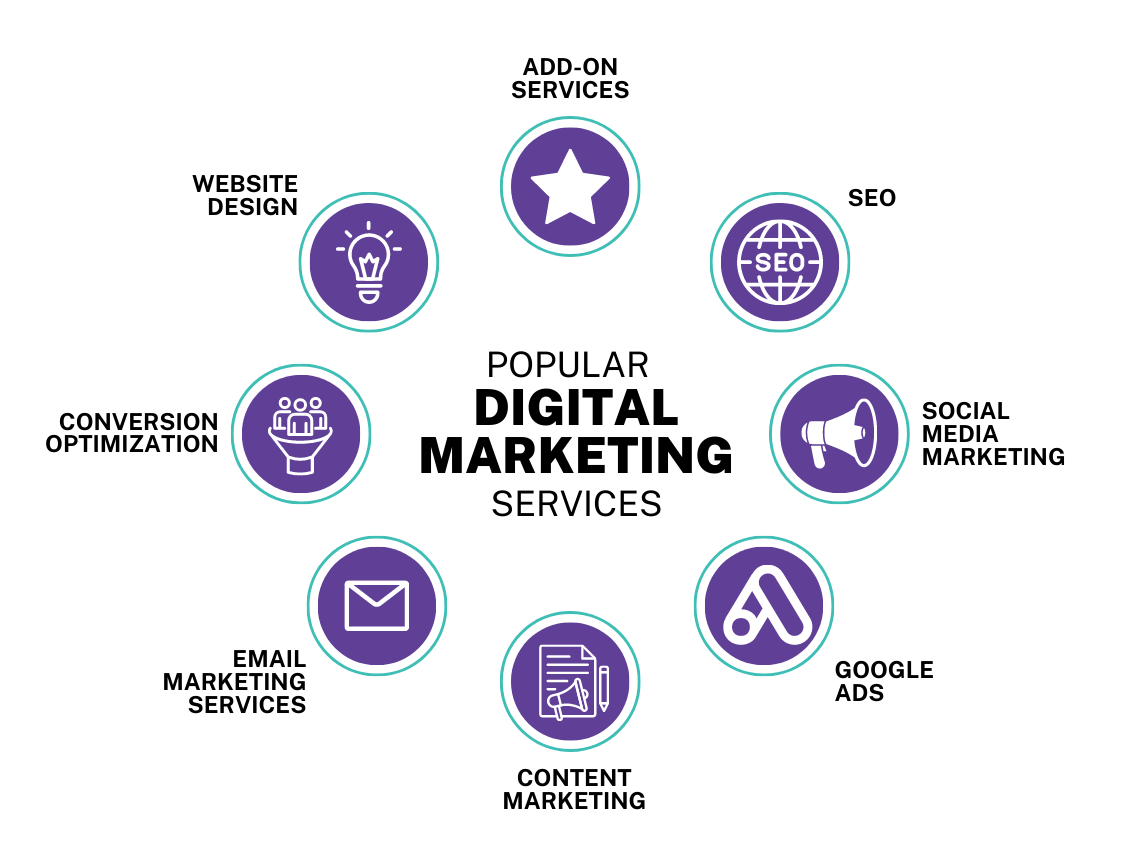
The Integral Role of Consent in Data Processing & Cookie Usage
Transparency and consent form the bedrock upon which online data privacy is built. Now, more than ever, it’s critical for organizations to clearly communicate to their users their practices surrounding the use and storage of personal data and cookies. Let’s take a closer look at this dynamic, and understand the implications for both businesses and users.
Striking a Balance: Privacy and Personalization
Sites use cookies and process personal data to provide users with a seamless experience, developing personalized content, services, and advertising to enhance user engagement. At the same time, it is imperative to provide mechanisms to manage this exchange judiciously, preserving user privacy without compromising the quality of the user experience.
Involving External Parties: A Necessary Risk?
Often, third-party services and elements are integrated to enrich the content and functionality of the website. The use of these external entities inadvertently entails sharing user data abroad, including with nations like the USA, where there may be a lack of stringent data protection laws. While this presents a potential risk of unauthorized access by authorities for surveillance purposes, this risk must be transparently communicated to all users.
The Power of Consent: User Controls
‘Accept All’ – The All-In Approach
The ‘Accept All’ option provides users with a quick way to consent to the full range of cookies and data processing methods employed by the website. However, it’s important to communicate that accepting all cookies doesn’t imply a lack of control. Users have the right to withdraw their consent at any time and should be able to do so easily.
‘Reject All’ – The Minimalist Approach
The ‘Reject all’ option, on the other hand, allows only essential cookies required for the website operations. This ensures that users who are more privacy-conscious can reject non-essential cookies while still being able to use the website.
‘Advanced Settings’ – The Custom Experience
‘Advanced settings’ provides an avenue for users who want more granular control over their data. They can select which cookies they’re comfortable allowing, creating a custom balance between personalization and privacy that fits their needs.
Building Trust Through Transparency
It’s crucial that businesses keep their users informed about all processes relating to their data, including practices around Google Analytics and information access use. Respecting and enhancing user rights over data processing can foster trust, protect user privacy, and form the basis of a healthier, more sustainable digital ecosystem.
Constant Adaptation for Sustainable Data Practices
Addressing data privacy is not a one-off task, but an ongoing process. Regular reviews and amendments to the privacy policy and cookie settings, keeping in sync with evolving regulations, technological advancements, and user expectations, are key to sustaining trust and engagement.
In conclusion, consent plays a vital role in the online interaction between users and businesses. A transparent, user-controlled process around cookies and data processing proves to businesses’ advantage, fostering trust and providing a foundation for meaningful engagement in the long run.
Originally Post From https://www.openpr.com/news/3760124/search-combat-offers-web-solutions-data-analytics-paid-media
Read more about this topic at
Understanding Website Cookies: What They Are & How …
Understanding Website Cookies: How They Work, What …


